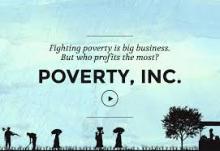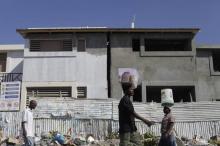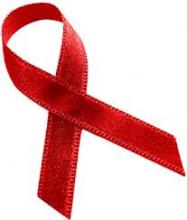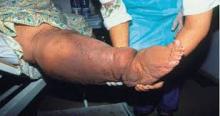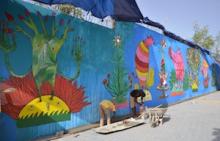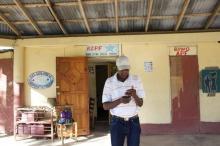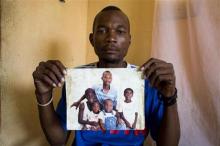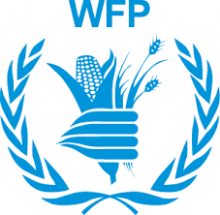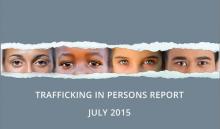Documentary Review: Poverty Inc.
Poverty Inc. is a documentary about the organizations created to address poverty and the extent to which they succeed in doing so. Haiti features prominently in this documentary and offers cautionary lessons about how sometimes those who claim to be helping Haiti and other countries like it are in reality helping themselves.
